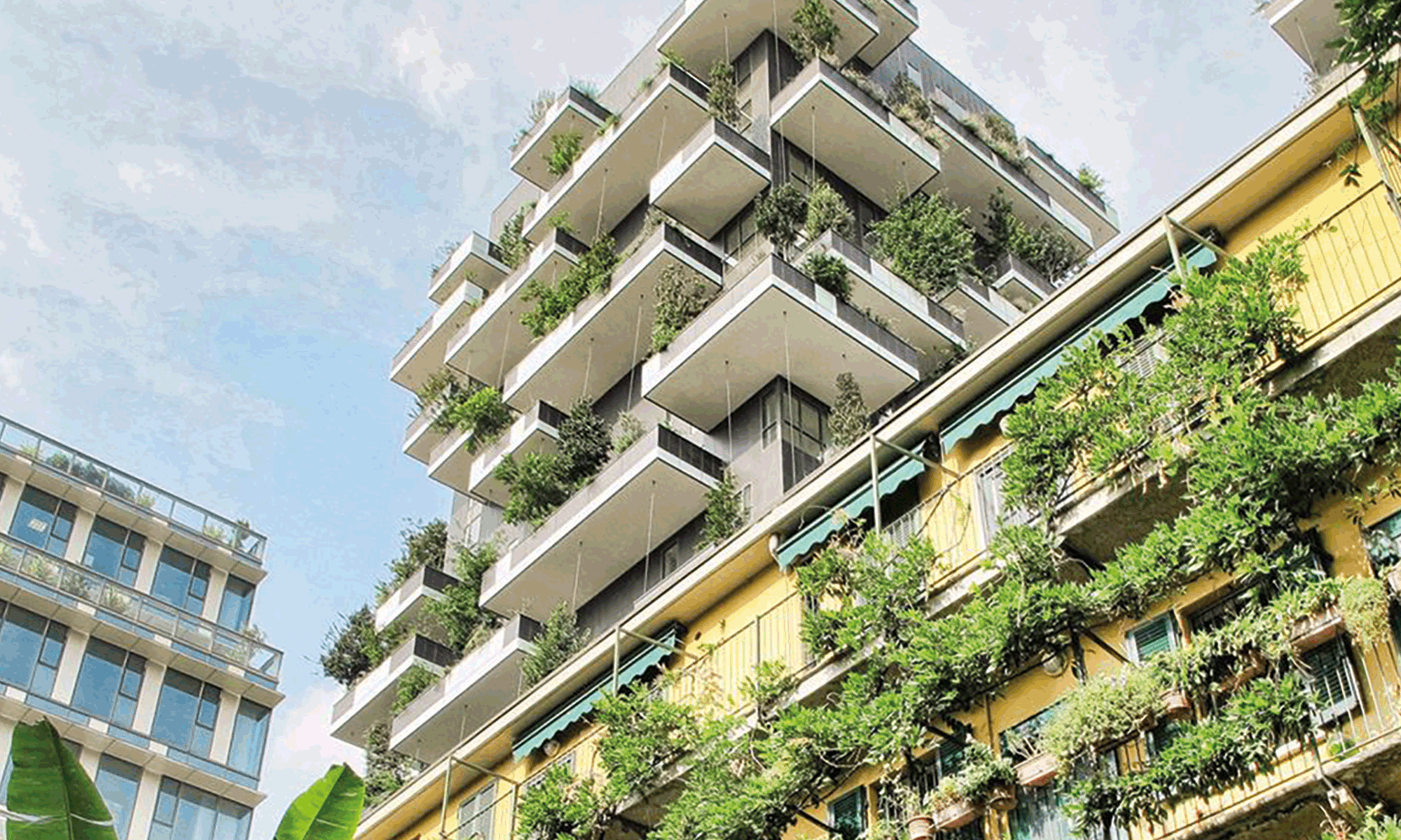The urban regeneration of cities for the post-fossil era has emerged as the new paradigm in urban development. Due to our obsession with economic growth, urban expansion and excessive use of finite resources, the challenges including rapid urbanisation and sprawl require us to regenerate and re-compact cities in a new forward-thinking way.
In the discussion, I will consider how we can realise the urban future we want and report on international next practice. Our research shows that easy access for all citizens to parks, gardens and outdoor spaces is a hallmark of resilient and sustainable cities. We are considering circular economy models for cities and ways to remove the barriers to delivering long term sustainable infrastructure projects, by providing better evidence for long-term decision making and urban governance.
|
 |